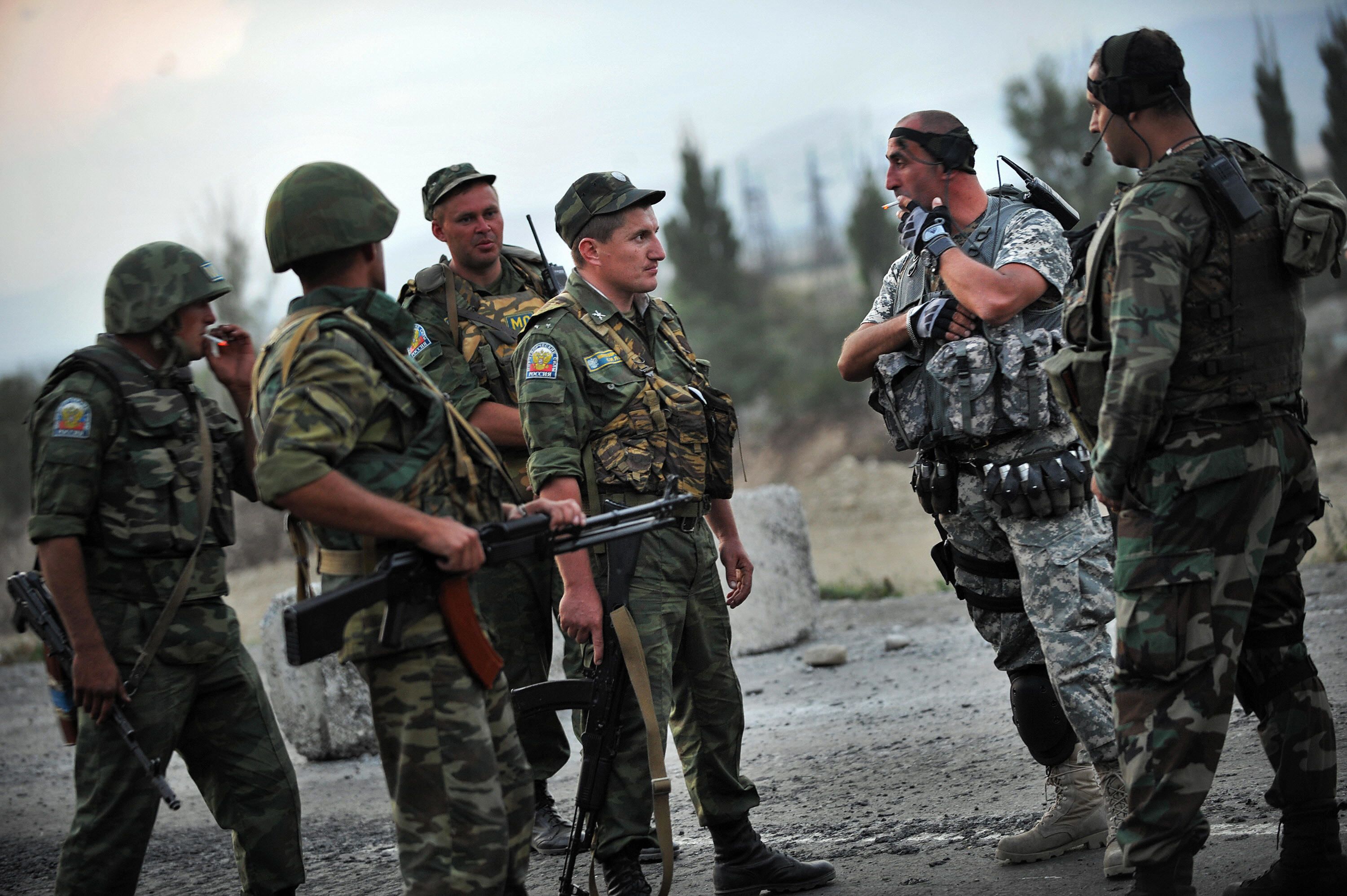In December 2005 Javier Solana, the EU’s High Representative for
Common Foreign and Security Policy, affirmed that the organization was
willing to play a greater role in efforts to solve the South Ossetian conflict.25
Although he did not go into detail, Solana’s statement signified deepening
EU engagement with the three countries of the South Caucasus, first
demonstrated by the appointment of the Union’s Special Representative
(EUSR) for the region in 2003 and the inclusion of the three states in the
ENP. The EU has also announced a 2 million Euro aid package for victims
of the conflict in Abkhazia to assist in reconstruction, the provision of food,
healthcare, and job creation programs. Georgia is very keen for the EU to
increase its presence in the country and is encouraging its participation in
conflict resolution.
The possibility of the organization establishing its own
border monitoring mission to replace the now defunct OSCE one is under
consideration, despite Russian antagonism.26 EU specialists are working in
Tbilisi under the aegis of the EUSR, assisting Georgia to improve its own
border monitoring capacity. Moscow is slightly more receptive to EU
involvement than it was to the OSCE mission, although it is still wary of
“outside” involvement in what it considers to be its sphere of influence.
Georgian efforts to move towards the West have unsettled Moscow.
In September 2005 the Russian Foreign Ministry warned that the supply of
armaments to Georgia by NATO member states could destabilize the whole
of the Caucasus region, strengthening Tbilisi’s desire to resolve its
territorial disputes by force.27 In spite of Georgian criticism of Russian
involvement, it is important to take into account the crucial moderating role
that Russia plays in the Caucasus region as a whole. Its stabilizing
influence and substantial presence cannot be ignored. Russia played a
decisive part in averting bloodshed during Georgia’s “Rose revolution” of
November 2003, becoming involved in the impasse surrounding Eduard
Shevardnadze’s position as president and also remains the key economic
power for the country.


